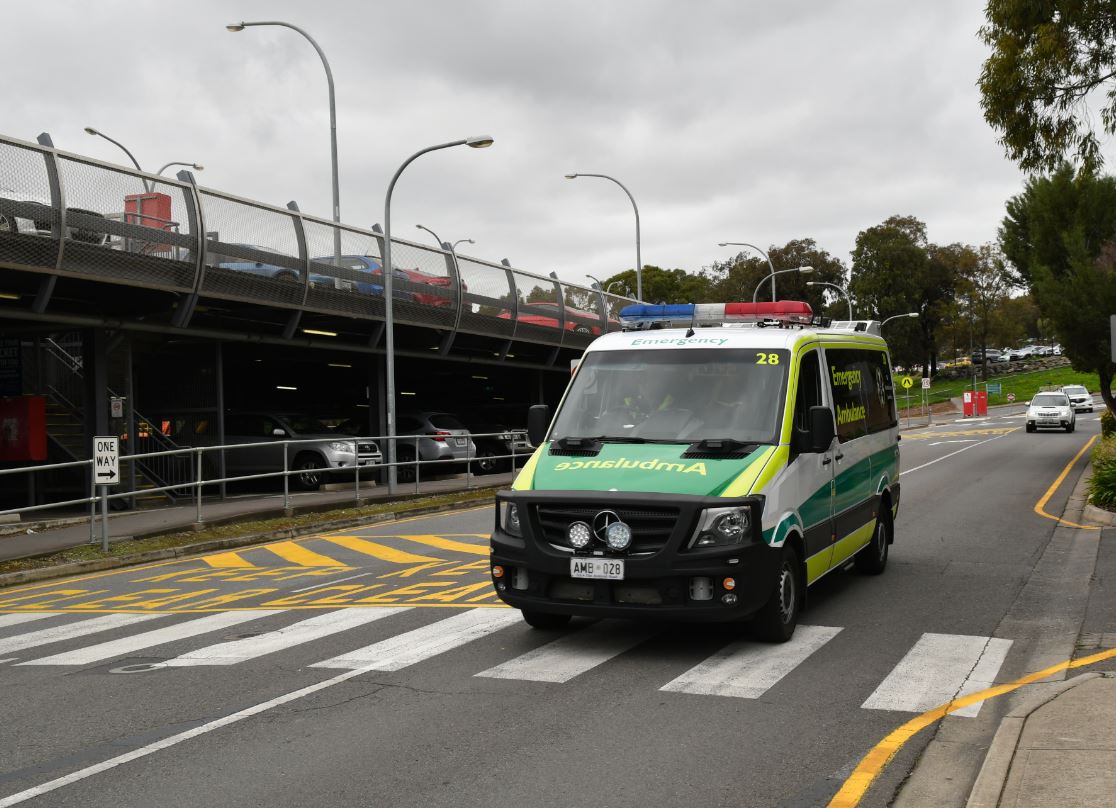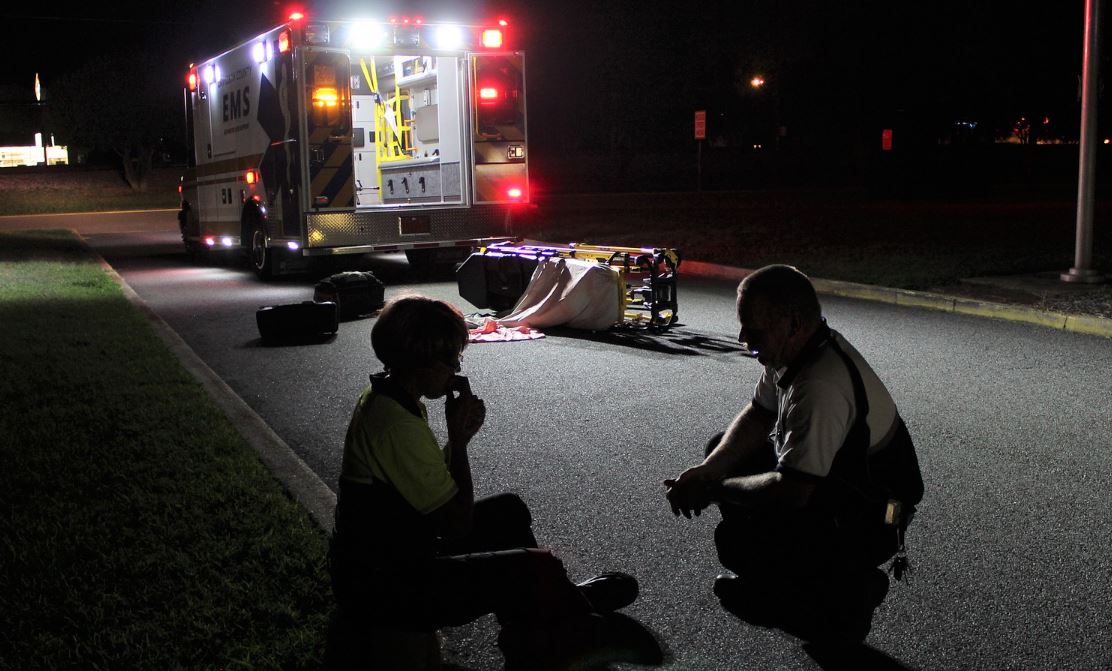
Australia’s paramedics attend more than 1.3 million call-outs each year, of which 20% are mental health issues related most commonly to anxiety, depression, drug and alcohol and/or psychosis.
As COVID-19 dominates the health system, paramedics and other health workers’ own health and wellbeing is in the spotlight.
A new Flinders University publication highlights the interaction between workplace culture and the demands of the front-line job responding to critical incidents.
Flinders University Professor Lawn says stress, anxiety and even PTSD can result from work pressures on paramedics, ambulance officers, ambulance volunteers, and also emergency call-takers.
“High rates of mental distress, mental illness, and the associated physical effects of psychological injury experienced by ambulance personnel has been widely reported,” Professor Lawn says.
“However, there is limited understanding of how the nature of ambulance work contributes to this problem, the significant large toll that emergency medical response takes on the individual, and particularly about late and cumulative development of work-related distress among this first-responder workforce.”
Time constraints and workplace organisational and legislative requirements add additional pressures, the Flinders researchers say.

“This culture includes day-to-day managerial actions and responses, but also the impact of shift work, poorly managed rosters, and long hours of work with little time between for recovery,” the study concludes.
“Coupled with work-flow issues are the negative consequences of new productivity and efficiency targets, now part of many ambulance services that require the job to be done within particular time limits.
“There is sufficient evidence to suggest that these forces are detrimental to the mental and physical health and wellbeing of ambulance personnel,” Professor Lawn says.
See ‘The effects of emergency medical service work on the psychological, physical, and social well-being of ambulance personnel: a systematic review of qualitative research’ (2020) by S Lawn, L Roberts, E Willis, L Couzner, L Mohammadi and E Goble has been published in BMC Psychiatry DOI: 10.1186/s12888-020-02752-4. The research was funded by the Ambulance Employees Association of South Australia. https://doi.org/10.1186/s12888-020-02752-4
A new training manual entitled Mental Health and Mental Illness in a Paramedic Practice (Elsevier), due out soon, aims to provide mental health literacy and training for paramedic students and other community health providers, including differences in mental health presentations and types of therapeutic techniques and approaches that can be used.

